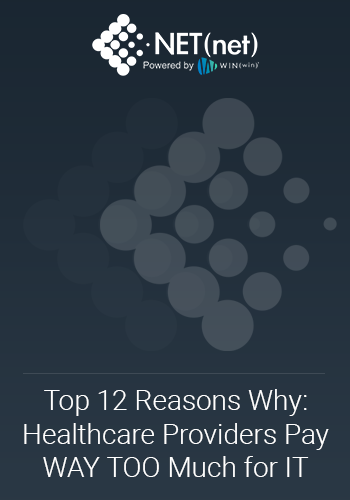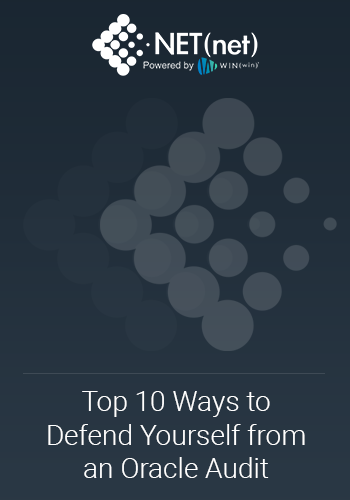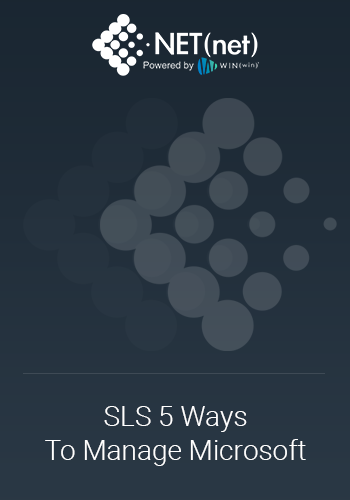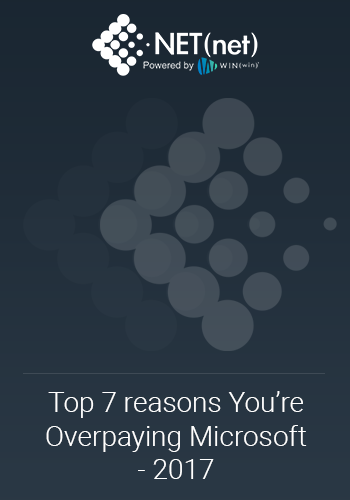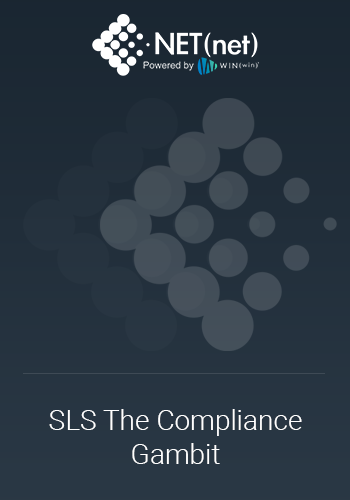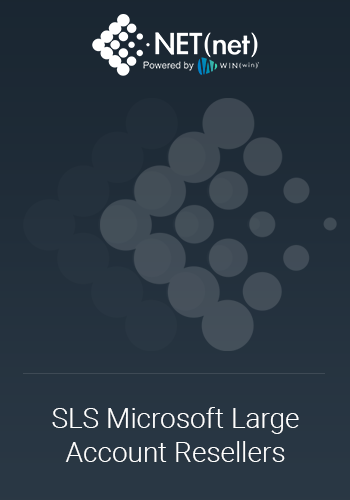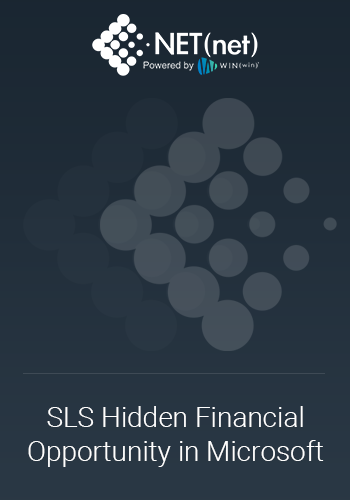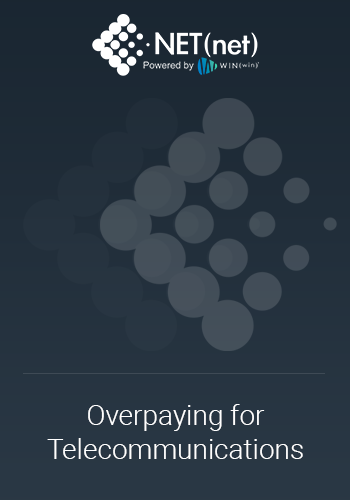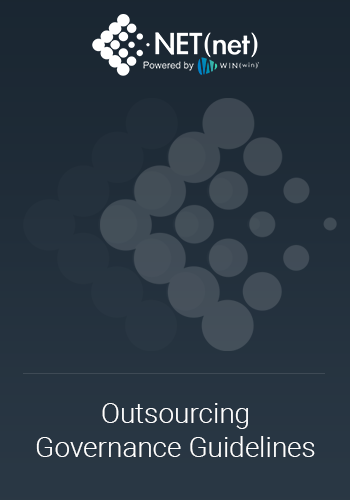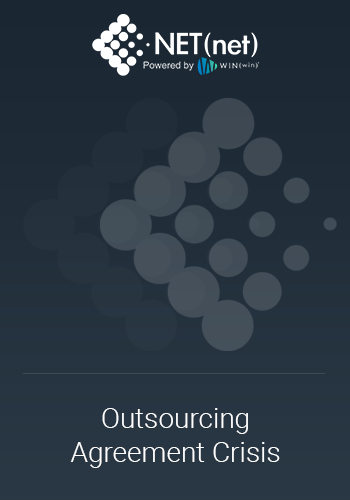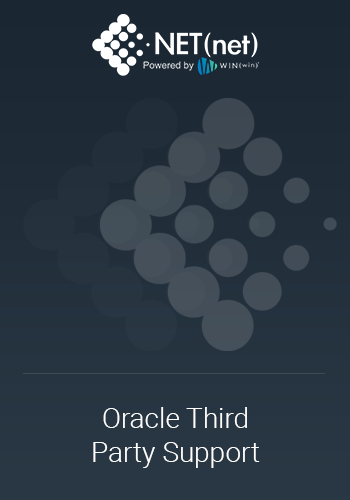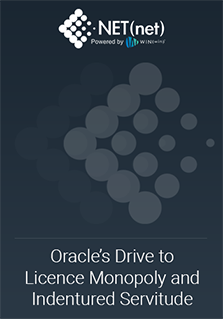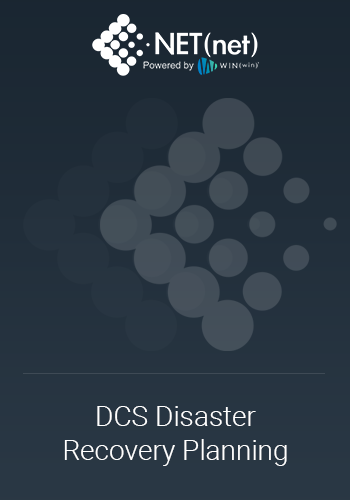This is part two of an ongoing series we call Debunking Microsoft where we address the ongoing disinformation, half-truths, and mysticism surrounding its own products as it relates to Customer licensing, usage, contracts, terms, pricing, and much more.
In part one, we addressed what we frequently hear from clients which is that Microsoft has told them around using their own licenses in a cloud other than their own. Words to the effect of... “You can’t use your existing Microsoft licenses on non-Microsoft clouds such as Amazon or Google.”
In part two, we deep dive into the licensing and product use terms that many Microsoft customers get wrapped around the axle on, and find themselves paralyzed in trying to find options. We help take the mysticism out of these to help you better understand what they really mean.
Prologue:
It’s not lying. It’s careful and specific phrasing, surrounded by massive quantities of obfuscation and jargon, bolstered by a Global Sales Force who are highly trained to give the wrong answer with complete confidence, with absolute immunity from the predictable consequences of their dissembling.
With the above context in mind, let’s get into the details of how Microsoft has organized their licensing and product use terms.
First, the contract hierarchy for product use terms goes like this:
- Universal terms, for all their software
- Universal terms, for their online software
- Legal, security, privacy and compliance terms (but not SLAs)
- Product-specific terms for all software
- Product-specific terms for online software
- Supplemental terms including Software Assurance, promotions, services, hardware etc.
A given Microsoft licensing question might be addressed in any, some, or all of the above. They really have done a great job of scattering important terms all over many separate documents and forcing the user to poke around numerous, confusing websites to get a definitive answer to simple licensing questions.
And to make matters worse, Microsoft also has published many “licensing briefs” and other non-binding marketing documents and web pages, many of which also use disingenuous phrasing to leave the reader with an understanding that is not substantially correct.
So, What Do the Terms Say?
Here’s what the actual Terms say, using the hierarchical sequence we reviewed above.
We’re only going to focus on Windows Server and the deployment rules around clustering / virtualization because that’s the most commonly abused topic area. We also note that SQL Server and System Center have similar rules as well.
We begin at Microsoft’s “Product Terms” web pageSelect “Enterprise / Enterprise Subscription” as our contract type, and “present day” terms.
https://www.microsoft.com/licensing/terms/welcome/welcomepage
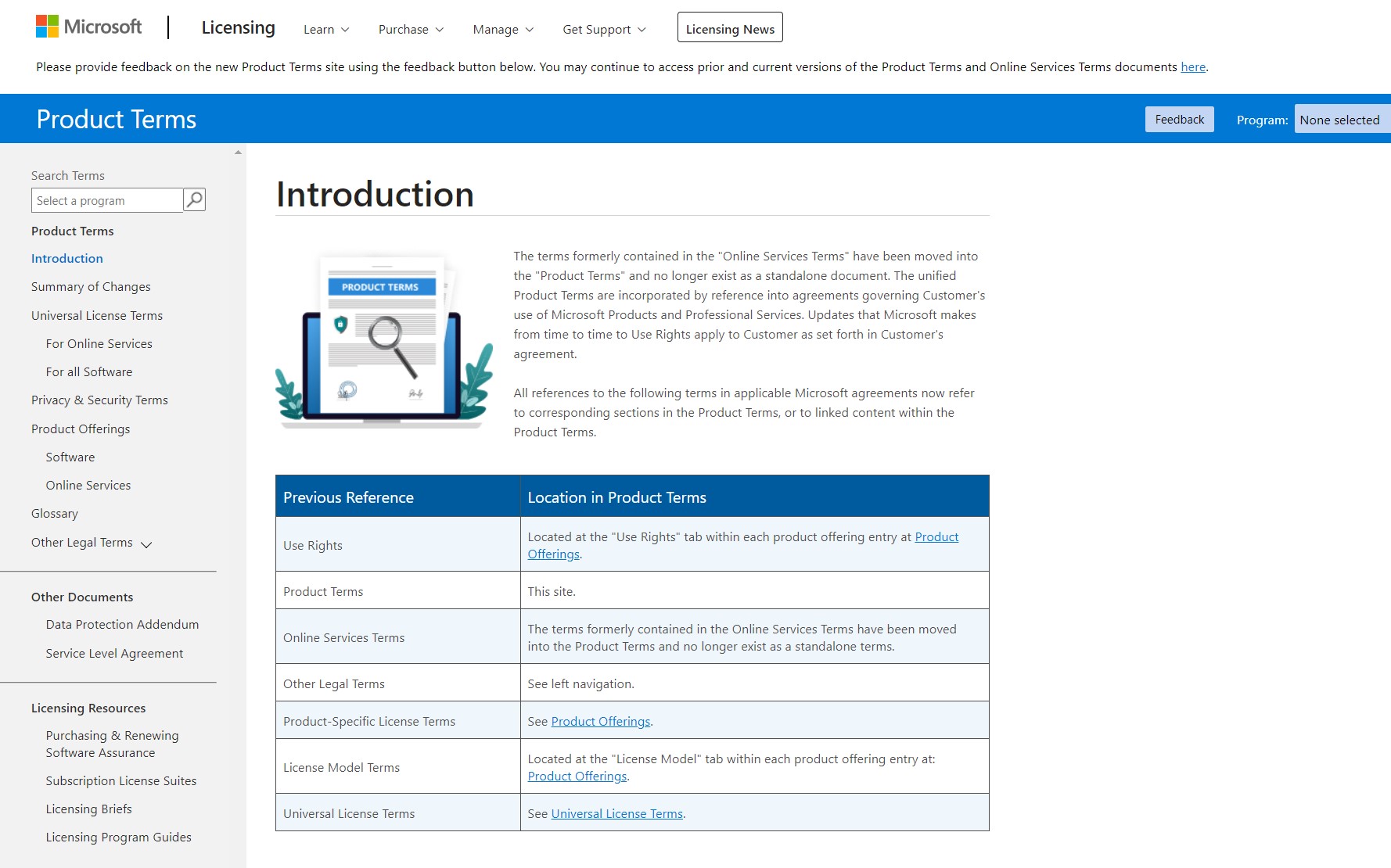
On the left side nav-bar, choose “Universal License Terms” and “For All Software” (note the header on this page “For all Software”):
https://www.microsoft.com/licensing/terms/product/ForallSoftware/all
- Scroll down and look for “Outsourcing”
- Screencap of the relevant section:

You’ll note these terms:
- “...fully dedicated to Customer’s use” - this means no shared servers with other customers.
- “Authorized Outsourcers” – a defined term in the contracts:
“Authorized Outsourcer means any third party service provider that is not a Listed Provider and is not using Listed Provider as a Data Center Provider as part of the outsourcing service.” This is obviously a very large list.
- Ok then, what is a “Listed Provider”?
“Listed Providers include entities identified by Microsoft at http://aka.ms/listedproviders.”
Turns out, it’s a short list, here you go:
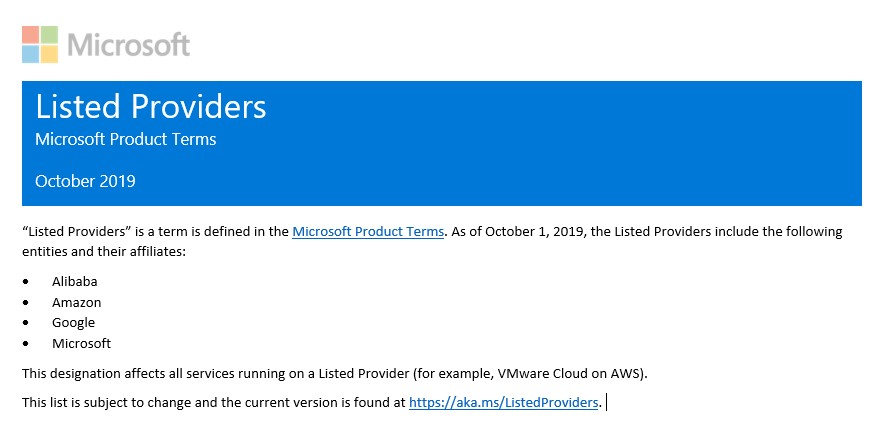
”But Scott, how can Microsoft be on the list? That means that Microsoft is a “Listed Provider” the same as Amazon and Google?”
Yes, that’s what it means. There is no difference in the license terms that apply to Azure vs AWS vs Google or Alibaba. They are the exact same terms.
BUT THAT’S NOT THE END OF IT... STAY TUNED
Moving on to specific terms for Windows Server.You can use the sidebar to navigate, or just click this link:
The interesting part for our virtualization discussion is here:

Item 3 is the interesting one. It means that yes, you can set up a virtualized cluster within a “Server Farm” on anybody’s hardware.
Again, these terms apply to all situations, regardless of where hosted. So per item 3, you clearly have the ability to virtualize your OSE’s across a “Server Farm”.
“Server Farm means a single data center or two data centers each physically located either in time zones not more than four hours apart, or within the EU or EFTA. A data center can be moved from one Server Farm to another, but not on a short-term basis. (EU is European Union; EFTA is European Free Trade Association).”
So, what’s really going on here?
- FUD, aka disingenuous behavior, using language in a manner designed to give the listener the wrong idea, while stopping short of actually stating an untruth.
- Microsoft is on shaky legal ground if they start writing different license terms for their competitors, so instead they stir up a huge cloud of confusion around the topic and insinuate that only Microsoft can offer the solution that customers really need.
- The one actual thing that Microsoft can do, is control the sku’s and pricing of Azure services. So, they price the Azure subscriptions for Windows Server at a lower price than Amazon is able to sell the equivalent sku.
Stay tuned for part 3 in the Debunking Microsoft series where we debunk a whole glossary of Microsoft terms straight from their own web pages and guides.
If you have questions on the above or any Microsoft related issue, please contact us to get in touch with a Subject Matter Expert to review your situation.
About NET(net)
Founded in 2002, NET(net) is the world’s leading IT Investment Optimization firm, helping clients find, get, and keep more economic and strategic value in their technology supply chains. Over the last 20 years, NET(net) has influenced trillions of investment, captured hundreds of billions of value, and has helped clients cost and value optimize XaaS, Cloud, Hardware, Software, Services, Healthcare, Outsourcing, Infrastructure, Telecommunications, and other areas of IT spend. NET(net) has the experience you want, the expertise you need, and delivers the performance you demand and deserve. Contact us at info@netnetweb.com, visit us online at www.netnetweb.com, or call us at +1 (616) 546-3100 to see if we can help you capture more value in your IT investments, agreements, deployments, and relationships.
NET(net)’s Website/Blogs/Articles and other content is subject to NET(net)’s legal terms, offered for general information purposes only, and while NET(net) may offer views and opinions regarding the subject matter, such views and opinions are not intended to malign or disparage any other company or other individual or group.

